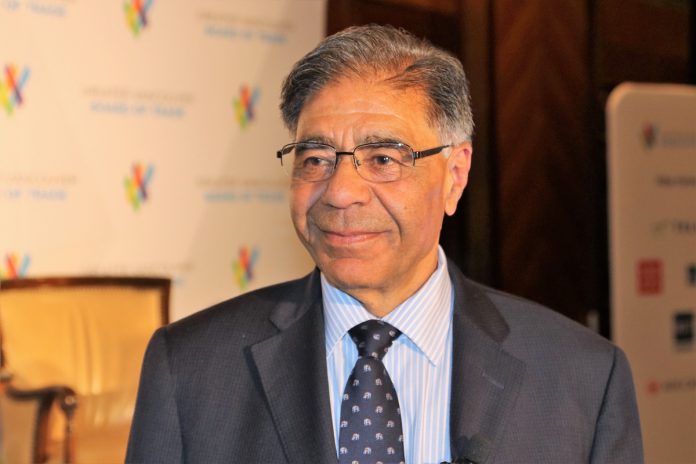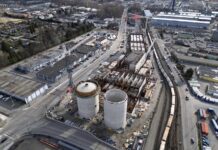METRO Vancouver and its member jurisdictions are updating the regional growth strategy, Metro 2050, with a view towards accommodating one million new residents in the region over the next 30 years in a way that reflects the federation’s values.
“Population growth in this region is largely driven by forces that are beyond the scope of local or regional government, but with this collaborative planning we have the opportunity as a region to manage it in a way that reflects our priorities and values,” said Sav Dhaliwal, Chair of Metro Vancouver’s Board of Directors, on Wednesday. “Working together, cities in this region can implement effective land-use strategies that can help ensure we are able to develop housing, transit and employment opportunities to sustain our growing region while protecting agricultural, ecological and industrial areas.”
Metro 2050 will be the collective vision for managing growth to support the creation of complete, connected and resilient communities. Now available for comment, it will update the current regional growth strategy, Metro Vancouver 2040: Shaping our Future. Registration is now open for a free public webinar which will be held on October 19 at 11 a.m.
“The Metro 2050 plan will address some of the region’s biggest challenges, such as affordable housing, transportation and the need to protect industrial, agricultural and ecologically important lands,” said Jonathan Coté, Chair of the Regional Planning Committee. “The draft plan sets out targets for everything from how much affordable housing we need to how much land we need to protect, with an eye on how to improve social equity in our region. What’s important for us now is to hear feedback to better understand if these proposed approaches are hitting the mark for the future that we all want.”
Proposed policies in Metro 2050 would expand and stimulate rental housing supply and limit the net loss of existing rental units, particularly near transit. The strategy also advocates for funding to support the non-profit housing sector and the provision of permanent, affordable and supportive housing. Metro 2050 sets an aspirational regional target that 15 per cent of new and redeveloped units within the region’s urban centres and transit corridors be affordable rental housing.
Transportation challenges are also identified in Metro 2050, with an emphasis on the need to develop Major Transit Growth Corridors to make it easier to take transit and reduce vehicle use, traffic congestion, energy consumption and greenhouse gas emissions. An effective regional growth strategy would assist in designing communities and transportation networks that provide residents with viable mobility options, a cleaner environment and opportunities to reduce household transportation costs, while also ensuring that the regional economy can benefit from effectively managed major transportation routes.
The draft strategy also emphasizes the importance of containing urban sprawl, protecting industrial and agricultural lands and expanding green spaces to mitigate the impacts of climate change.
“Protecting the Agricultural Land Reserve is fundamental to supporting local food security, just as protecting industrial lands is imperative to maintaining and creating high-quality, well-paying jobs and supporting regional economic growth,” said Coté. “At the same time, we must protect and enhance greenspace areas through measures such as containing urban growth and increasing the urban tree canopy. Metro 2050 envisions that 50 per cent of the region’s land base will be lands protected for nature by the year 2050.”
The draft of Metro 2050 is now being presented to encourage dialogue with and feedback from local municipalities, other regional agencies and interests, First Nations and the public. Comments can be made by using the Metro 2050 Feedback Form or emailing the project team by November 26.
Visit Metro Vancouver’s website to register for the public webinar on October 19 at 11 a.m. and to watch a brief video about the Metro 2050 plan.












